Building Custom AI Agents to Streamline Your Business Operations
Web3 Technology | AI in Fraud Detection | AI Automation Tools
Are you tired of manual workflows? Discover how to build custom AI agents for your business operations to streamline processes and enhance efficiency. In this digital ecosystem, organizations are seeking efficient ways to operate their business operations.
In this scenario, AI agents are the powerful innovations driving this change. As a result, your business operates on autopilot, powered by a tireless and intelligent workforce. Moreover, daily tasks are handled with unmatched efficiency, and complex challenges are solved through advanced data analysis using machine learning models and large language models, enabling better decision-making.
Get ready to empower your business with AI-driven solutions. In this comprehensive guide, let’s pull back the curtain to reveal the incredible world of AI agents. You can get the interpretation of an AI agent. How they work and why AI represents a strategic imperative for forward-thinking enterprises, driving growth, innovation, and competitiveness. As you finish reading, understand the key concepts, take a step-by-step journey to build your own AI models, and discover the transformative power of AI technology to reshape your future.
What Are Custom AI Agents?
Custom AI agents are intelligent software programs initially designed to perform specific tasks autonomously. They are using machine learning (ML) models and AI technology to analyze data, make decisions, and execute actions based on predetermined instructions. AI agents are developed to confront an organization’s unique needs, producing effective results than generic solutions.
Custom AI agents are skyrocketing the simple automation, in contrast to chatbots or traditional AI tools. They can smartly handle complex workflows, process massive amounts of data, and make real-time decisions, consistently focused on achieving your business goals. These agents can perform various roles, ultimately enhancing business efficiency, Such as inventory management, customer service, or sales optimization.
How Do Custom AI Agents Work?
To get the benefit from an AI agent and use it effectively, it’s crucial to understand how to operate it. Generally, it is a combination of natural language processing (NLP), machine learning(ML) models, and data analytics. Developers commonly program them to recognize data patterns, predict results, and make informed decisions based on vast datasets. For instance, a custom AI agent for customer support can learn and analyze from past interactions and customer sentiment to offer real-time, personalized responses. Here is a simple and smooth overview of how it works:
- Data Collection: Firstly, AI agents collect data from multiple sources, such as inventory management systems and customer relationship management (CRM) systems.
- Data Analysis: Secondly, AI agents leverage cutting-edge models to analyze complex data, identify hidden patterns, and deliver actionable insights.
- Data execution: Lastly, the AI agent executes an action based on the analysis. These actions include offering a product suggestion, sending an email, or even initiating a seamless workflow automation.
The Core Advantage of AI Agents
The core advantage of using AI agents’ power lies in their ability to improve efficiency, accuracy, and scalability. It’s a team of dedicated experts who work for you 24/7 without taking any breaks or sleep. They can easily handle huge volumes of multiple tasks simultaneously, leaving the rest of the team members to focus on other strategic activities.
Why Investing in AI Agents is a Strategic Advantage for Businesses
In today’s digitalized world, organizations must adopt AI to stay relevant. Consequently, businesses can get strategic advantages in a competitive market by adopting AI agents. With the help of the right AI agent development tools, organizations can reduce human error, make faster decisions, design a robust AI agent architecture tailored to their requirements, and scale operations without proportionally increasing costs. They also enhance AI business automation, ensuring smooth operations with minimal human intervention. Additionally, AI agents can continuously learn and evolve, making them a smart long-term investment.
A Closer Look: Types of AI Agents with Real-World Examples
The world of AI agents is vast and diverse, due to the various types of AI agents designed by experts to handle specific tasks. Understanding these categories can help you identify the best fit for your business needs. Broadly, AI agents can be categorized into five main types, described here with examples of AI agents, each with its unique features and applications:
1. Reactive Agents
These agents are the simplest type of AI. In fact, they do not store information about past events or experiences. Instead, they respond to immediate inputs based on predefined rules. As a result, they are often used for straightforward tasks that do not require complex decision-making.
Example: A chatbot that responds to basic customer inquiries about store hours, return policies, or product availability. However, the agent does not remember past conversations and instead only reacts to the current query.
2. Deliberative Agents
Deliberative agents use reasoning and planning to make decisions. They analyze data, make predictions, and select the unique course of action based on their current goals. These agents regularly have more advanced algorithms and can handle more complex tasks efficiently as compared to reactive agents.
Example: An AI financial advisor that analyzes market trends, risk factors, and a user’s economic history to make effective personalized investment recommendations.
3. Hybrid Agents
Hybrid agents combine both reactive and deliberative behaviors to offer the best of both worlds. They can quickly react to changes in their ecosystem, while also using reasoning and planning to tackle more complex tasks. Teams typically use hybrid agents in dynamic environments that demand both immediate reactions and strategic thinking.
Example: A personal assistant AI like Siri or Alexa that can schedule meetings and make suggestions based on your preferences → deliberative, but also immediately responds to voice commands → reactive.
4. Multi-Agent System
Multi-agent systems involve multiple AI agents that interact with each other to solve arising issues and achieve a common goal. These systems are often used for complex, large-scale operations that require coordination among multiple agents.
Example: In logistics, a multi-agent system can be utilized to optimize the entire supply chain, with each agent managing a distinct part of the process, such as inventory management, order fulfillment, and shipping. All AI agents work in collaboration to ensure efficiency.
5. Autonomous Agents
Autonomous agents are working as digital assistants. They are capable of making decisions, analyzing data, identifying patterns, and taking actions without human interaction.
Example: An autonomous vehicle where the AI agent is in charge of navigating roads, avoiding obstacles, and making decisions based on real-time data from sensors, all without human input.
Concludingly, each type offers unique benefits, so it’s important to match your business needs with the right kind of AI agent.
How to Build AI Agents: A Beginner’s Guide to Creating Custom AI Agents
Building a custom AI agent may seem quite a challenging task, but with the right approach, it’s entirely achievable. Here’s a simple, step-by-step guide to building your own AI agent:
- Define Your Goals: What specific tasks do you want your AI agent to handle? Or the tasks you want it to perform, such as data analysis, customer support, or workflow automation, clarification and understanding of the task is crucial.
- Select the Right Tools: Selecting the AI agent development tools and platforms that match your goals is essential. Tools such as machine learning models, AI agent platforms, and development frameworks will help to start the task perfectly.
- Data Collection: Generally, an AI agent requires data to learn and make decisions. Collecting historical data, user inputs, and other relevant information is necessary to perform the task efficiently.
- Train Your AI Agent: According to the requirements, train your AI agent to process data and make decisions while using machine learning (ML) models.
- Testing and Optimization: To improve the accuracy, continuously test your agent’s performance and optimize its algorithms
To follow these simple steps, you can easily start building custom AI agent solutions that will significantly improve your business processes.
How Can Businesses Use AI Agents?
Custom AI solutions are versatile. It can be applied virtually to solve a wide range of problems in industries where agents are transforming business operations, regardless of industry types. From business automation to customer interactions, businesses are leveraging AI agents in various areas. Here are some powerful examples of industries benefiting from AI agents:
- Retail: AI agents are used for inventory management, personalized recommendations, and customer service.
- E-commerce: Customer browsing behavior and purchase history play a vital role in the e-commerce industry, enabling the autonomous sending of personalized product recommendations, which leads to increased conversion rates. Moreover, it can also manage inventory by forecasting demand and automatically reordering the stocks.
- Healthcare: AI agents can automate administrative tasks, analyze patient data, and improve diagnosis accuracy in healthcare.
- Finance: AI agents streamline fraud detection, monitor financial markets, execute algorithmic trading, perform continuous risk assessment, and provide customer support systems.
- Manufacturing: AI agents supercharge manufacturing by monitoring machinery, optimizing production lines, managing supply chains, rerouting shipments, and predicting maintenance needs, ensuring seamless operations.
- Human Resources: An AI agent streamlines the hiring process by automating the initial screening of job applications, identifying the most qualified candidates, and scheduling interviews, thereby drastically reducing hiring time.
Ultimately, AI agents are streamlining businesses’ operations to drive innovation and growth in every sector.
The Future of Custom AI Agents: What’s Next?
The evolution of AI agents is just beginning. As technology continues to advance, businesses can expect even more adaptable, autonomous, and intelligent systems in the near future. Future AI agents will move beyond basic task automation to become strategic decision-makers, capable of analyzing complex business issues in real-time, which gives you clarity to make smart decisions faster than ever before. Additionally, businesses will increasingly require an AI consultant to guide them in implementing the right solutions while maintaining regulatory compliance. As the demand for automation grows, acquiring an AI certification can also provide professionals in this competitive field. Key upcoming trends for your business include:
- Hyper-Personalization: AI agents will leverage real-time behavioral data to deliver highly tailored experiences, from personalized marketing campaigns to dynamic pricing strategies.
- AI + IoT Integration: By connecting AI agents with Internet of Things (IoT) devices, businesses will gain deeper insights and achieve seamless automation, starting from smart warehouses to predictive maintenance systems.
- Advanced Self-Learning Models: Future AI agents will continuously improve their performance without frequent manual training, due to the integration of reinforcement learning and generative AI.
- Collaboration Between AI Agents & Human: AI agents will increasingly work alongside teams, enabling a human-in-the-loop approach where both intelligence and creativity merge for better decision-making, instead of, replacing humans.
- Enhanced Trust & Security: As AI adoption grows, businesses will focus on making AI agents more transparent, ethical, and compliant with evolving data privacy regulations.
Consequently, this future-forward approach means investing in AI agents today is not just about staying competitive; it’s about preparing your business for a smarter, more connected, and data-driven tomorrow.
How Flexlab Builds and Implements Custom AI Agents?
At Flexlab, our specialization is in building custom AI agents tailored to your specific business demands. Our team of experts can guide you throughout the process, from initial consultation to full installation. To achieve your business goals and accelerate digital transformation. Talk to our AI experts now!
Ready to Grow Your Business?
📞 Book a FREE Consultation Call: +1 (416) 477-9616
📧 Email us: info@flexlab.io
Investing in these custom AI solutions is not just an option. Rather, it is a visionary step for your organization to lead, not just compete. Moreover, it’s about future-proofing your business operations, unlocking new levels of efficiency, and ultimately empowering your team to focus on innovation.
Start your AI journey today and visit a leading software development company to transform the way you work! We focus on building intelligent agents that adapt, learn, and continuously improve. Our expertise ensures seamless integration of your new AI agent into your current system and workflows, followed by careful configuration. We prioritize minimal interruption and maximum impact.
Our commitment extends beyond implementation. We perform optimization, provide ongoing monitoring, and update regularly to ensure your custom AI solution remains at the highest efficiency, always working hard to the next level of AI modern approach. Flexlab is your partner in exploring the possibilities of AI agent development. We turn the AI promise into actionable business value.
Ready to transform your operations with the power of custom AI agents? Contact us today for a consultation and discover how Flexlab can build an autonomous agent tailored for your success. Check out our AI agent development service.
Curious about our projects? Explore our Portfolio to see examples of our impactful custom AI solutions. Connect with us on LinkedIn for the latest updates. For more insights, visit our blog page on AI technology, blockchain application development, and AI adoption.
Conclusion: The Future of Business is AI Agents
The future of business operations is undoubtedly associated with AI agents. By adopting custom AI solutions, companies can reduce costs, improve customer experiences, and operate more efficiently than ever before. Whether you are just starting or planning to scale, adopting AI agents gives your organization a substantial edge in today’s competitive marketplace.
The rise of the autonomous agent marks a pivotal moment in the history of business technology. While the distinctions between agentic AI, generative AI, and even a simple AI agent versus a chatbot might seem subtle, the difference in capability is monumental. Custom AI agents move beyond simple content generation or conversational interfaces to become proactive, goal-oriented partners in your business operations. They are the next step in the evolution of AI technology, offering a level of automation and intelligence that was once the stuff of science fiction.
Consequently, custom AI agents are transforming business operations by automating workflows, enhancing decision-making, and driving innovation. From optimizing customer service to streamlining operations, AI solutions are helping businesses work smarter, not harder.
Can I create my own custom AI? How do I create an AI for my business? How much does it cost to build AI agents?
Yes, you can build your own custom AI agents with the right skill set and tools. The cost of building an AI agent depends on the complexity of your business requisition, the type of AI demand, and the development time. Generally, AI agent development services range from a few thousand dollars for a simple agent to several hundred thousand dollars for a complex one, depending on the scale.
How Custom AI Agents Differ from Generic AI Tools?
Custom AI agents are fundamentally distinct from generic AI tools such as standard chatbots or off-the-shelf software. Generic tools are designed for broad application and are limited in their functionality. Conversely, custom agents are purpose-built to solve a specific problem within a unique business environment. They are trained on your proprietary data, understand your particular workflows, and can perform a sequence of complex, autonomous actions, offering a level of precision and integration that generic tools simply cannot match. This specialization gives them a distinct advantage in driving real business value.
What are the key challenges in building AI agents, and how can they be addressed?
Key challenges to building an AI agent include data authenticity, algorithm complexity, and ethical AI practices. The crucial issue is often data; you must have sufficient high-quality, applicable data to develop the machine learning models. This can be achieved through detailed data collection and arrangement. Advanced techniques, such as agentic RAG, are also used to supplement data for this purpose. Another hurdle is to comply with the right rules and regulations, known as regulatory compliance. It can be managed with strong knowledge of development approach and a solid foundational design from an experienced AI consultant.
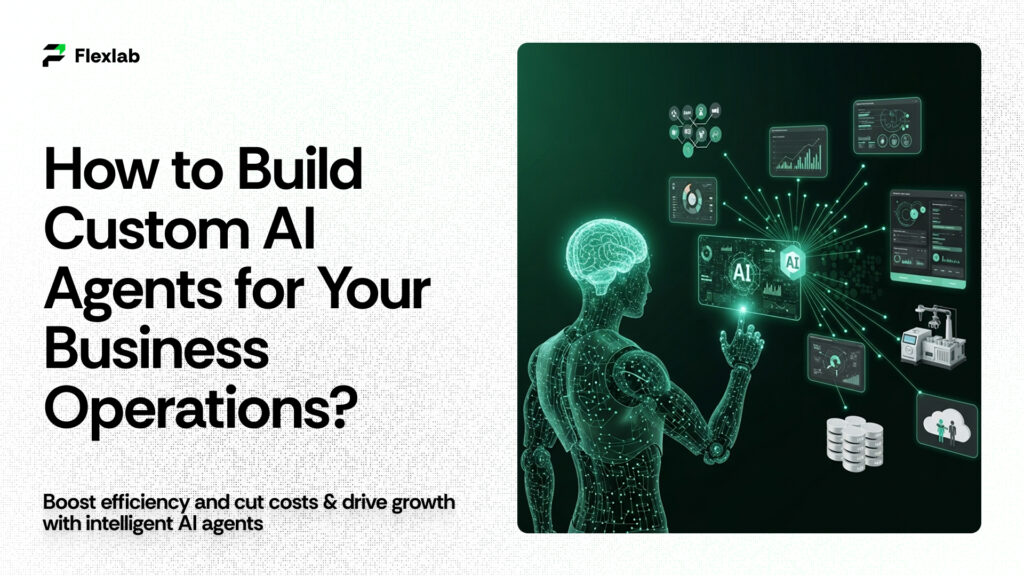
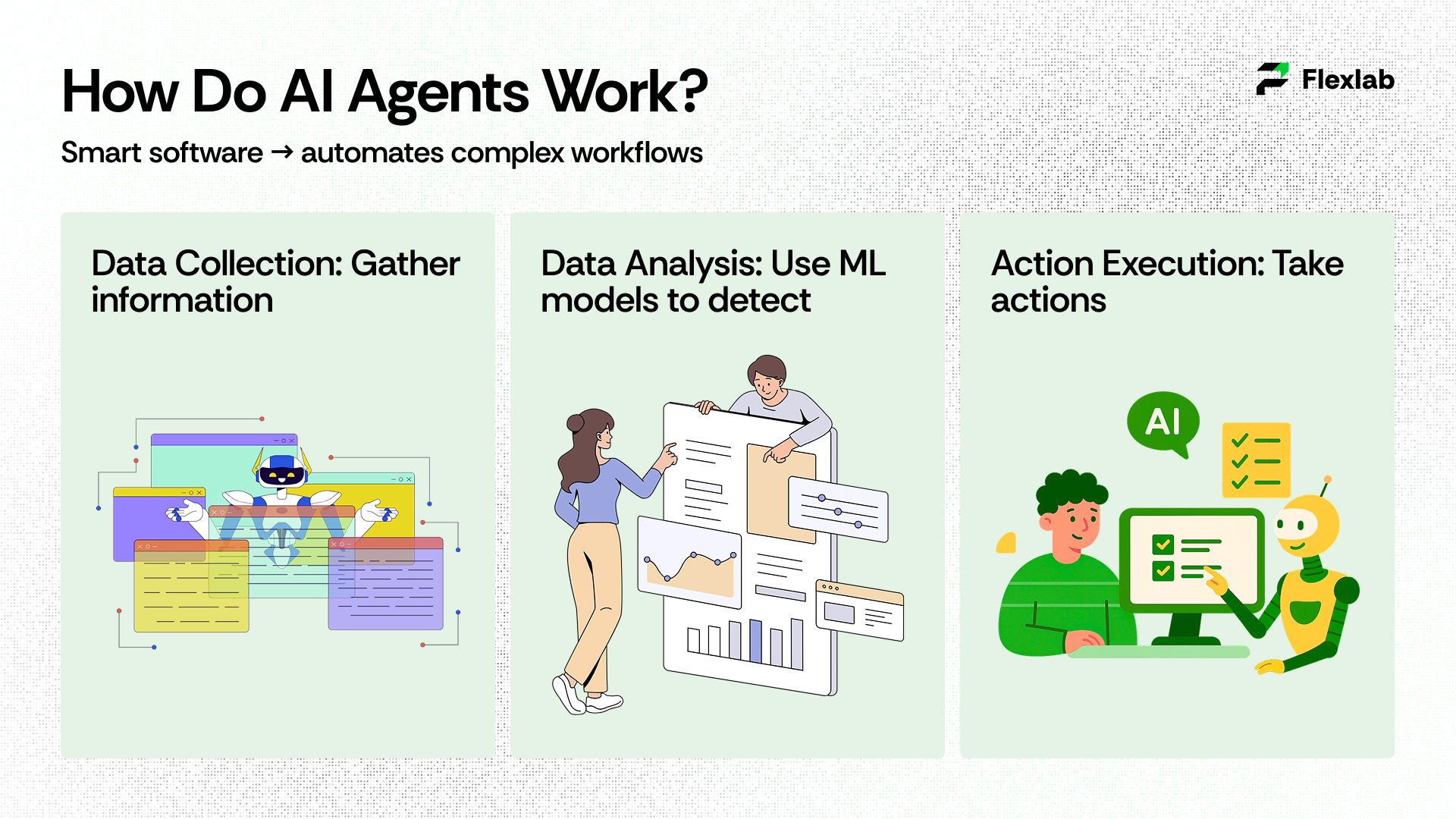
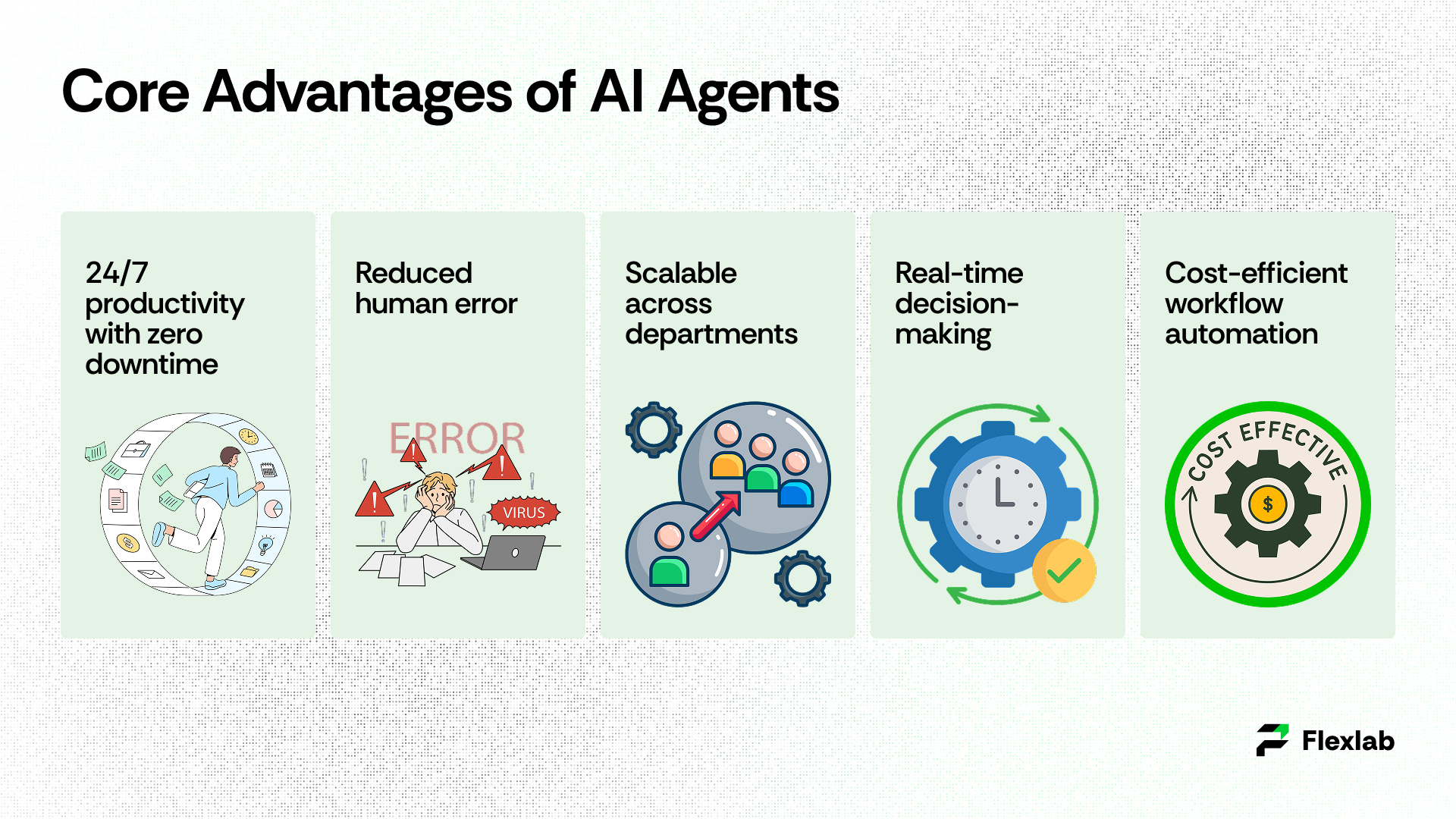
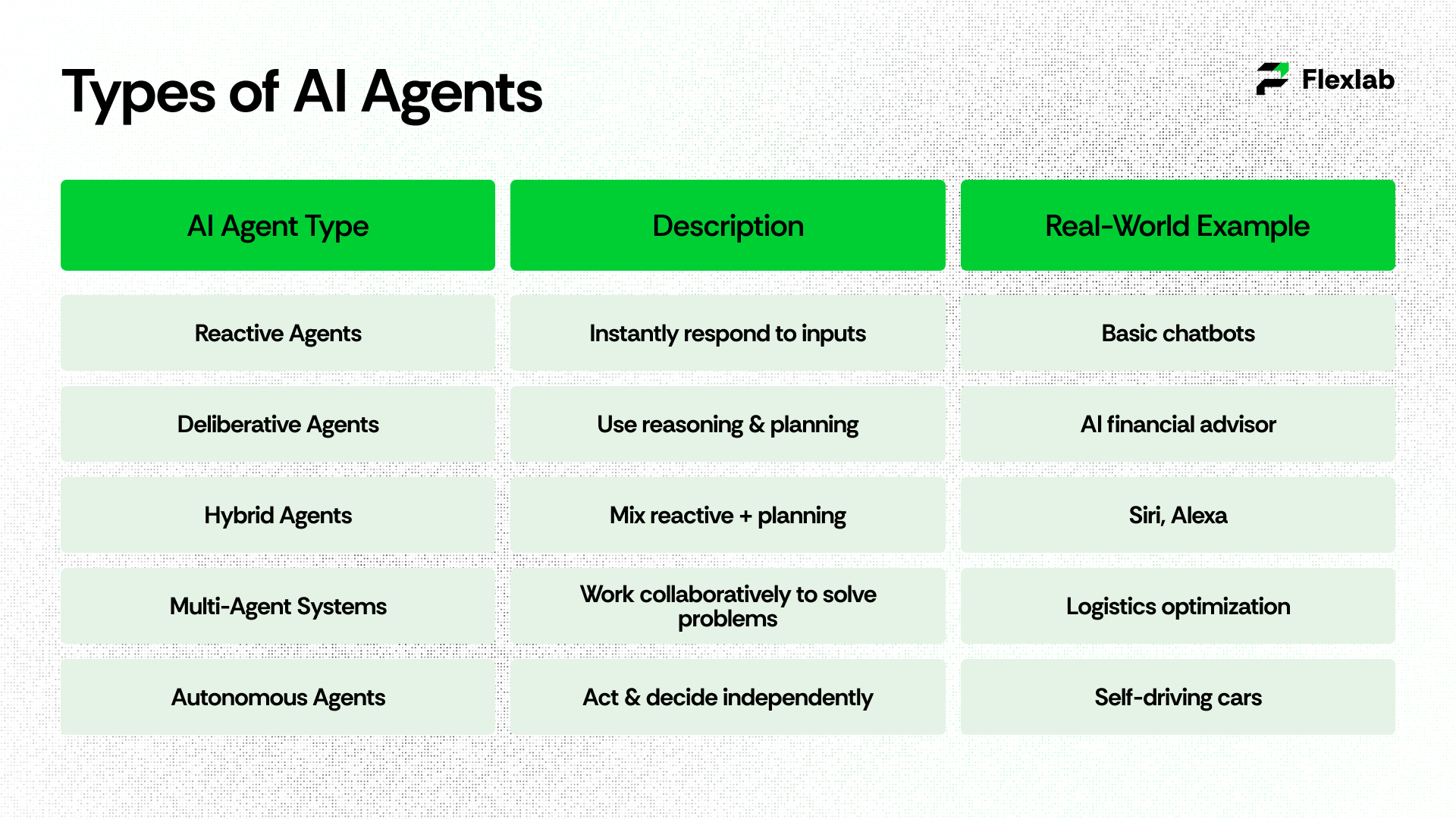
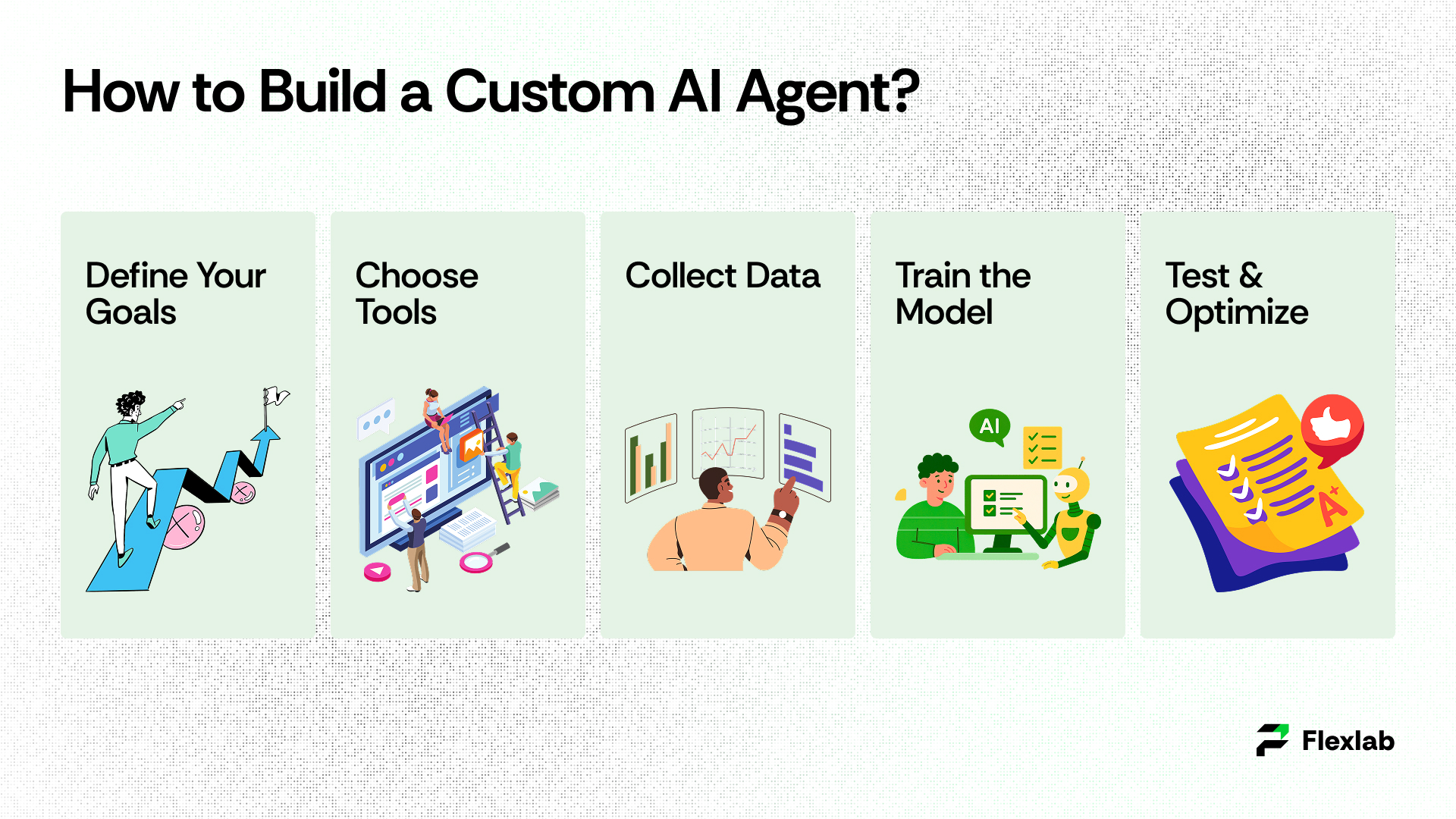
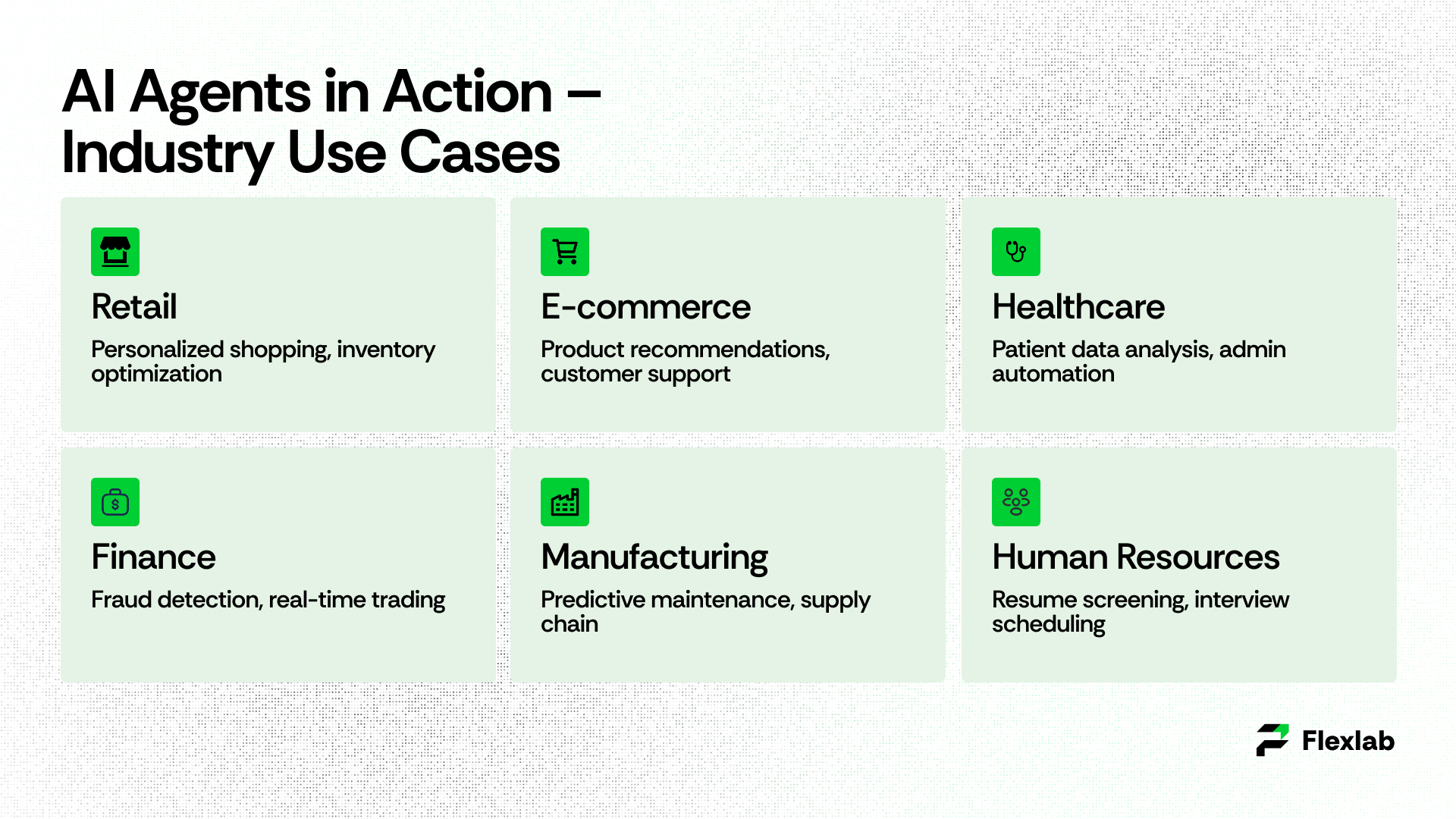
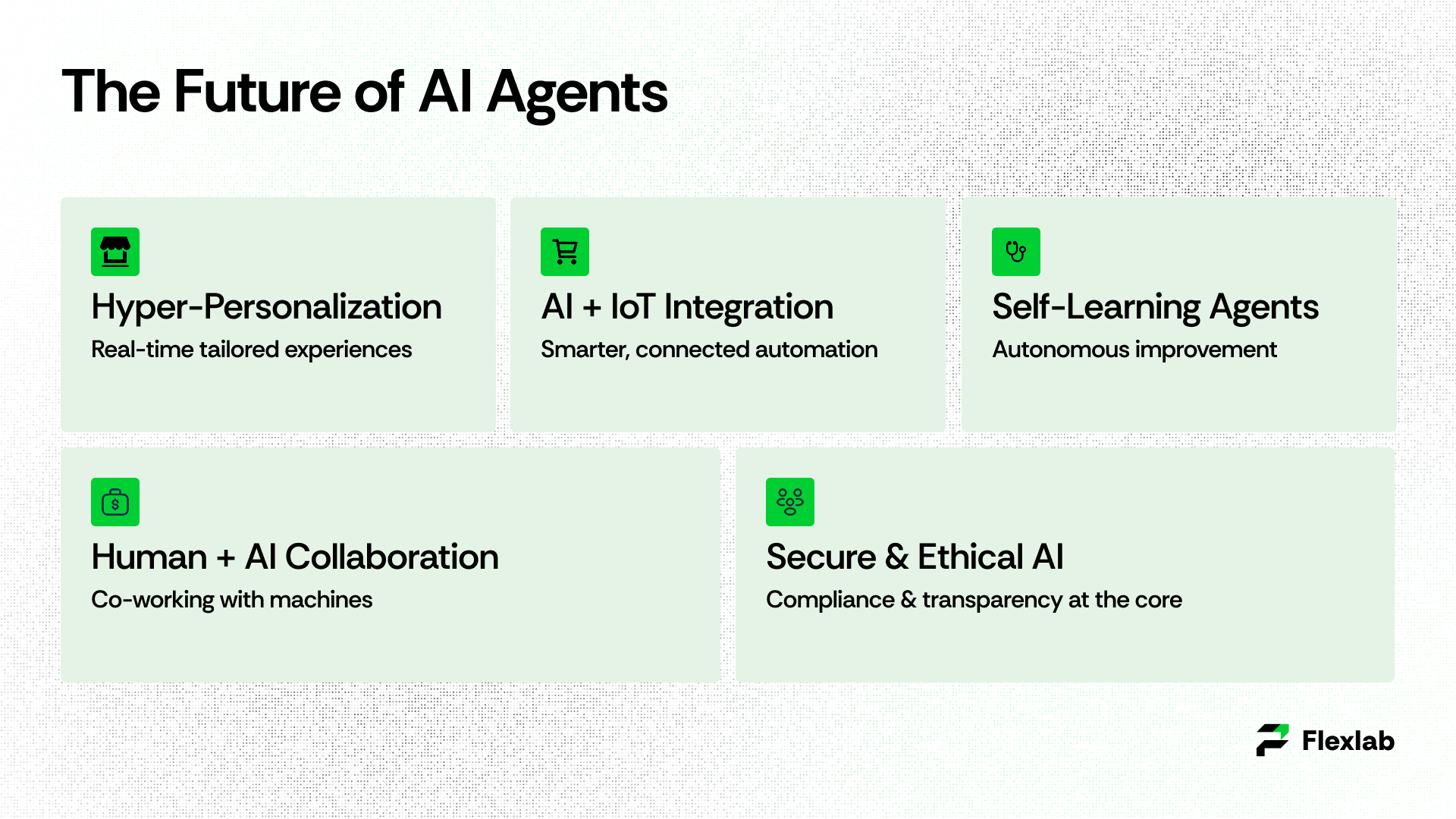
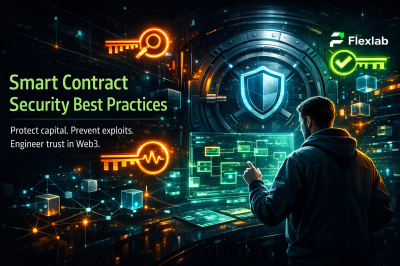
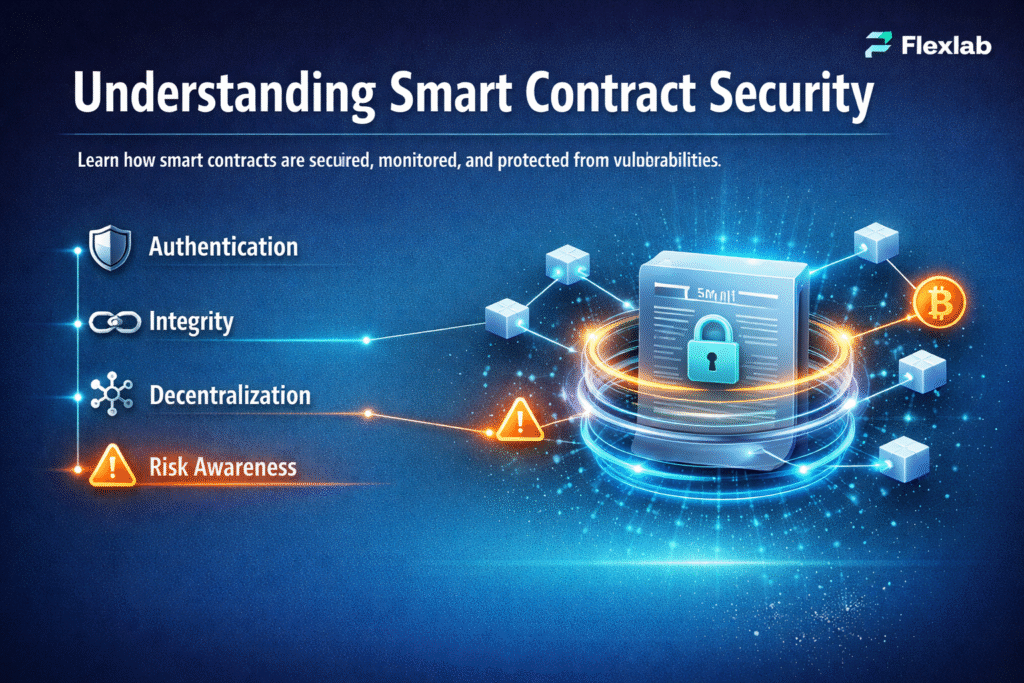
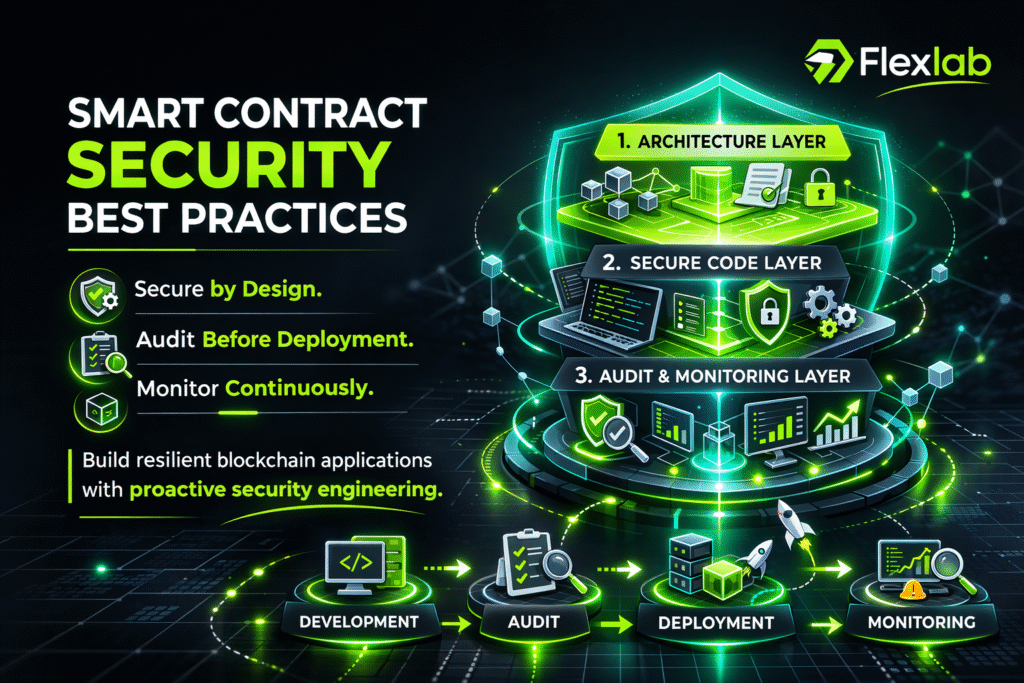
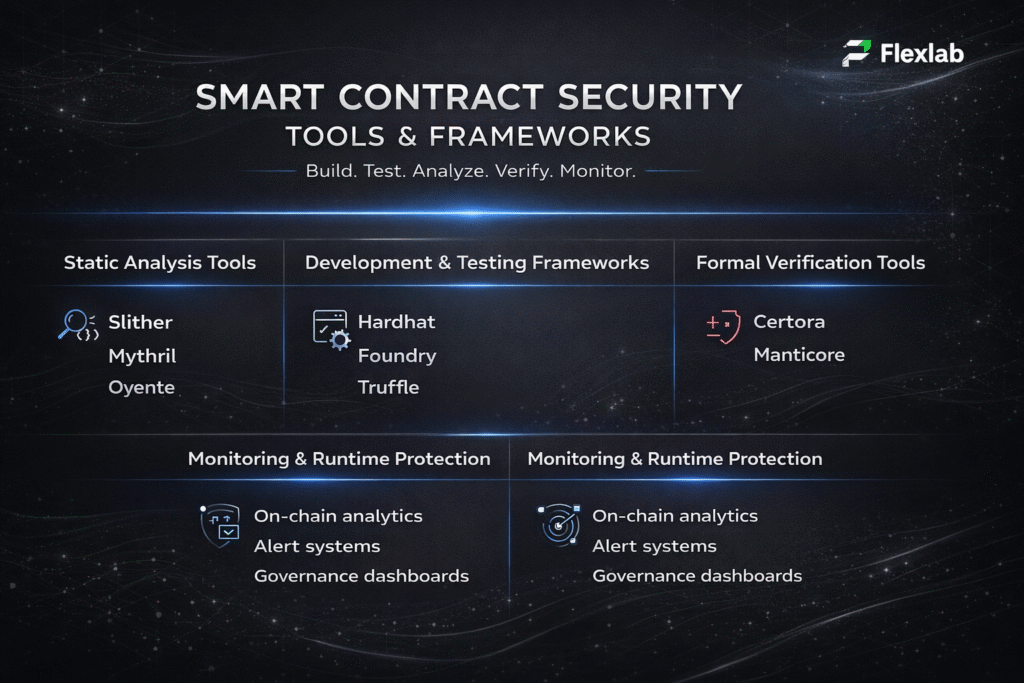




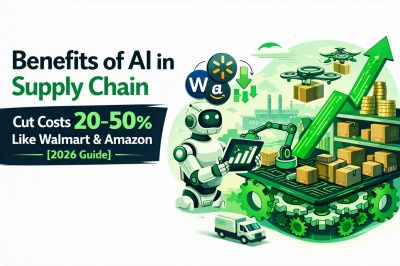
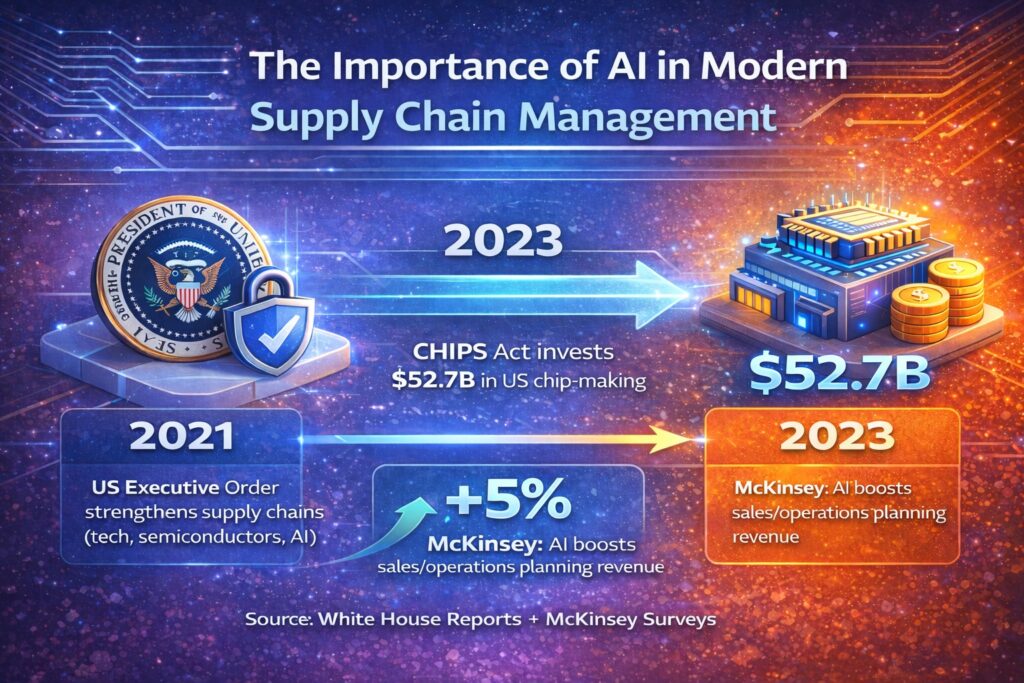
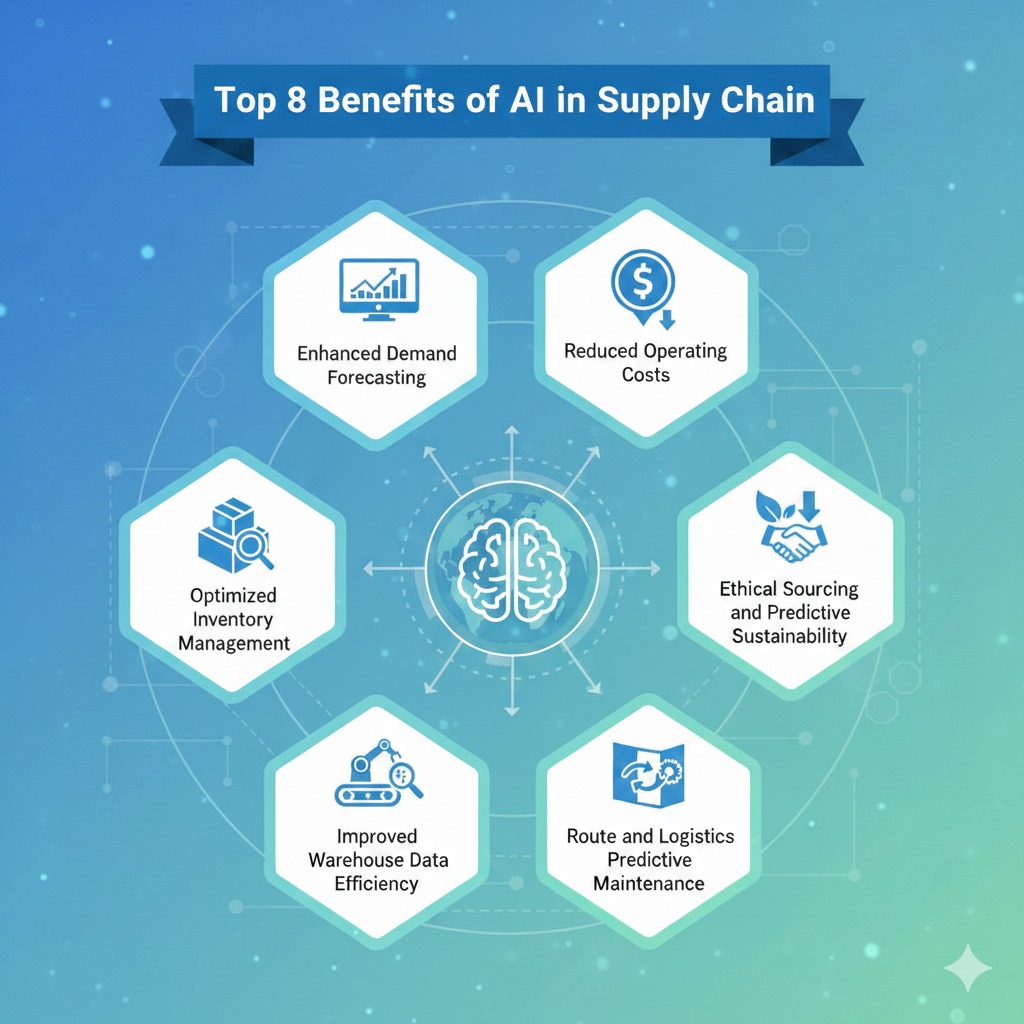
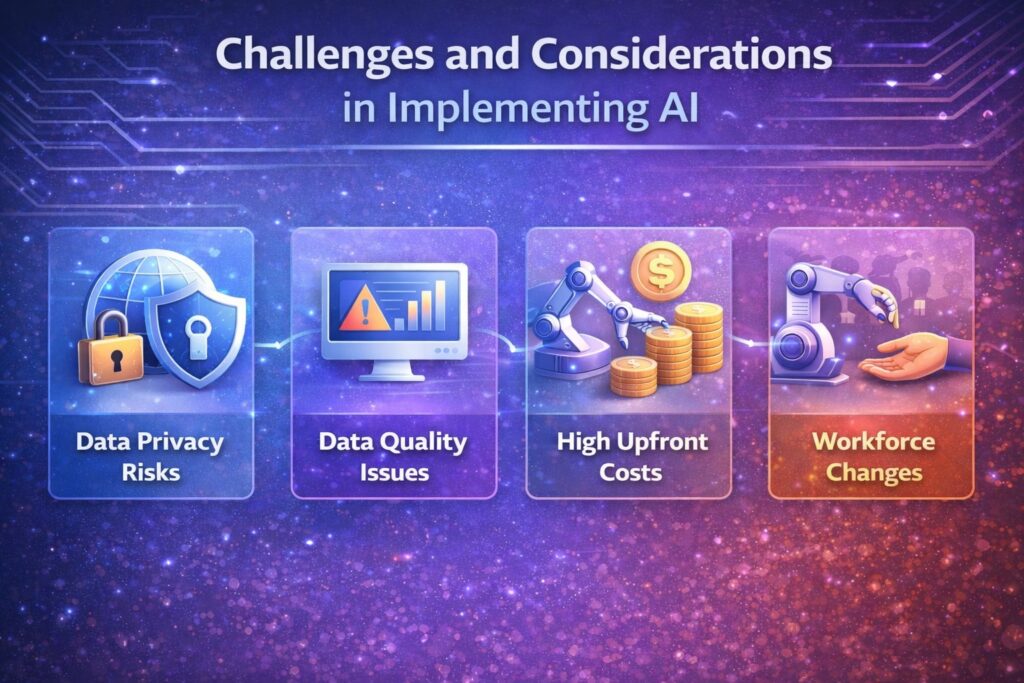
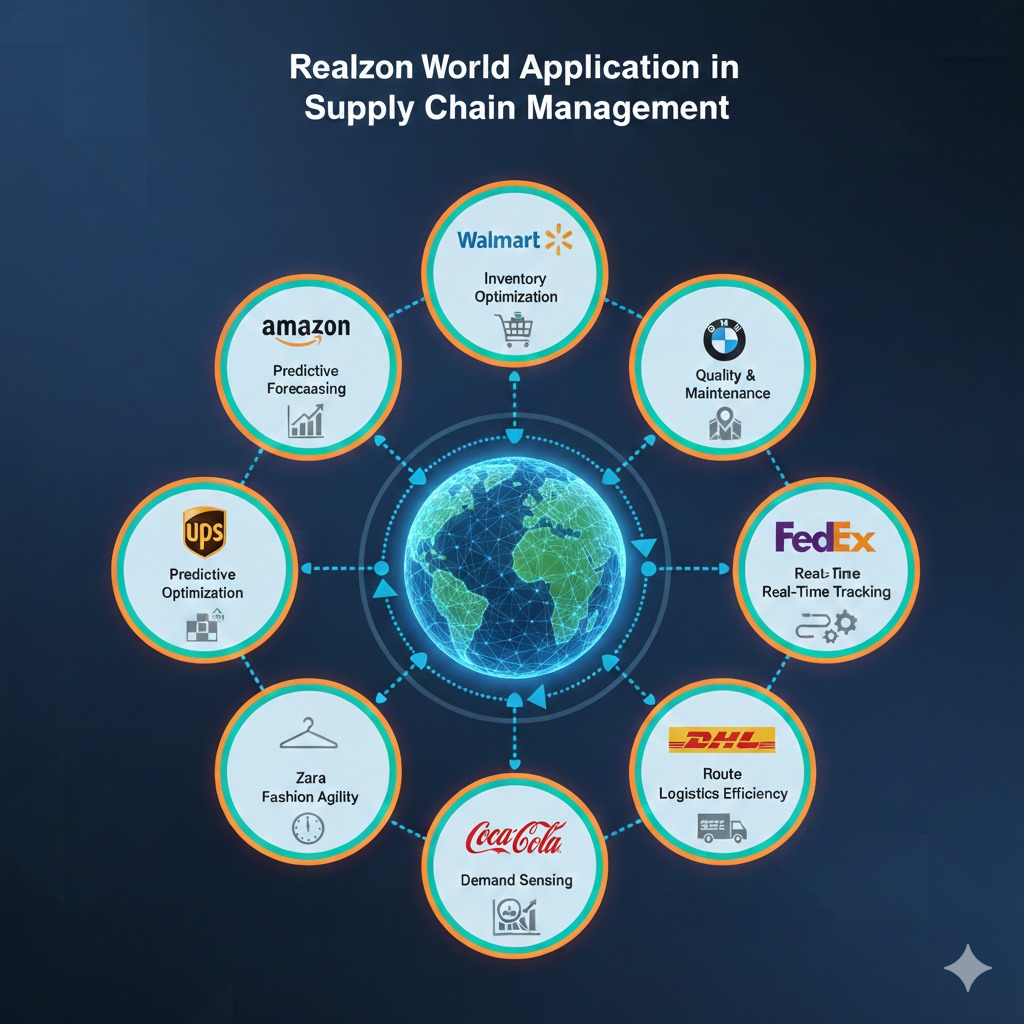
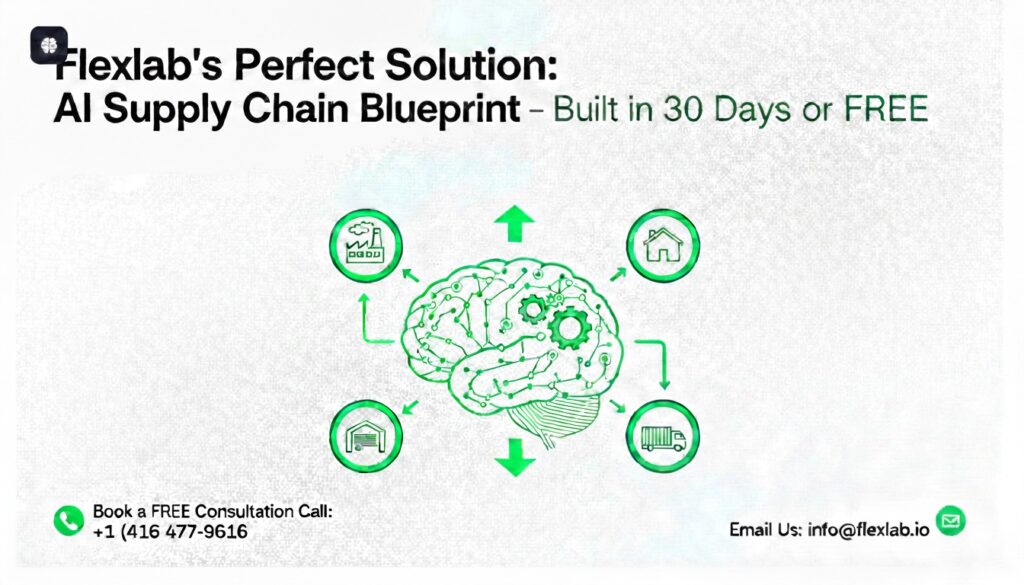

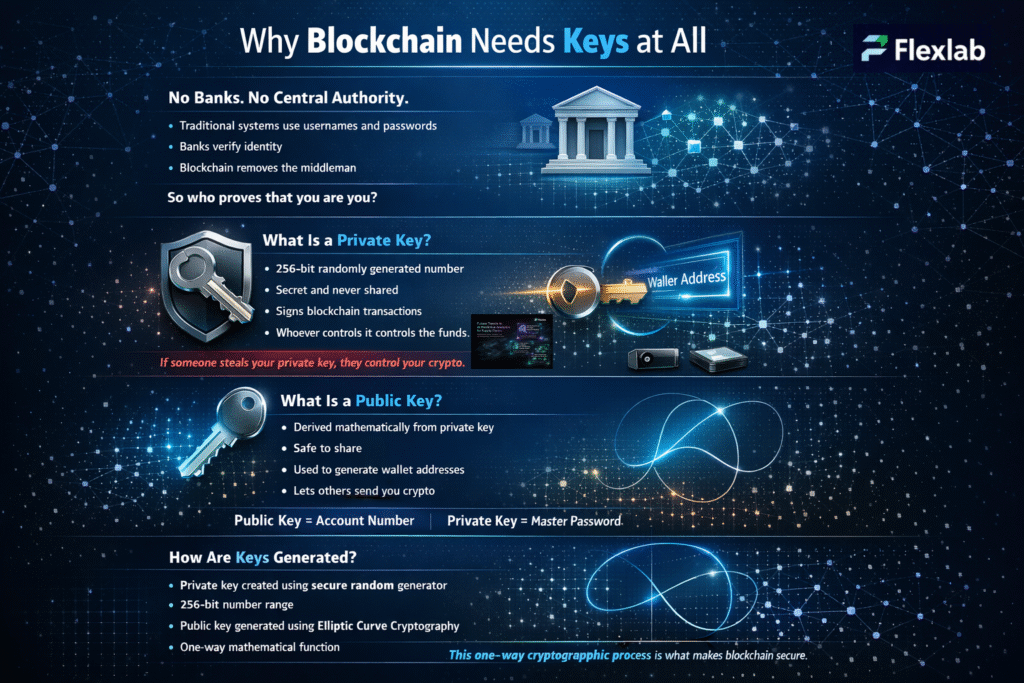
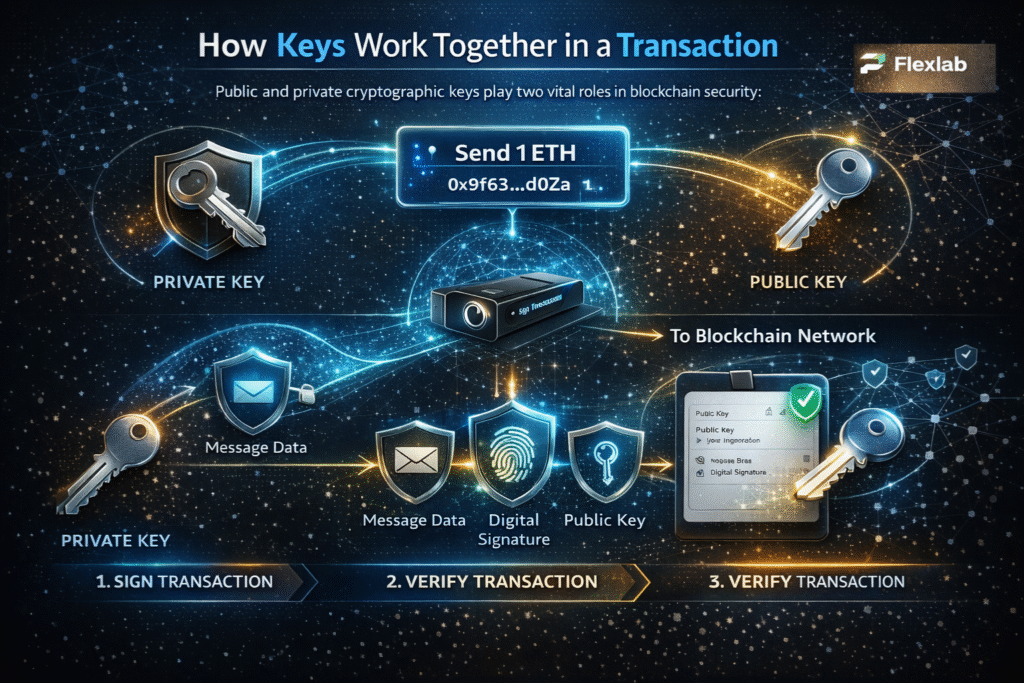
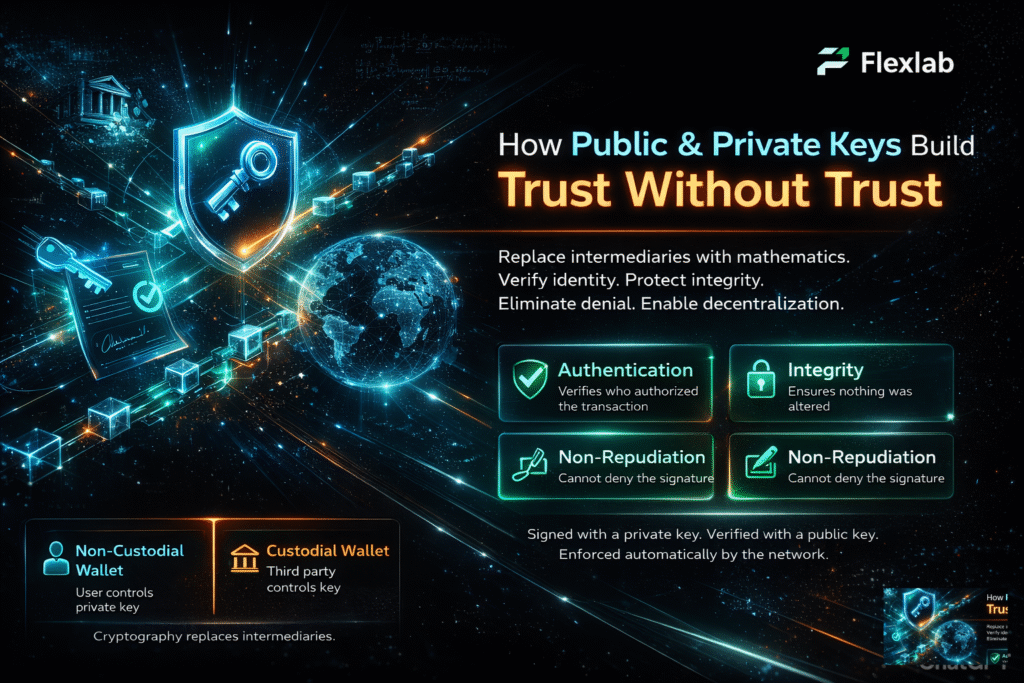
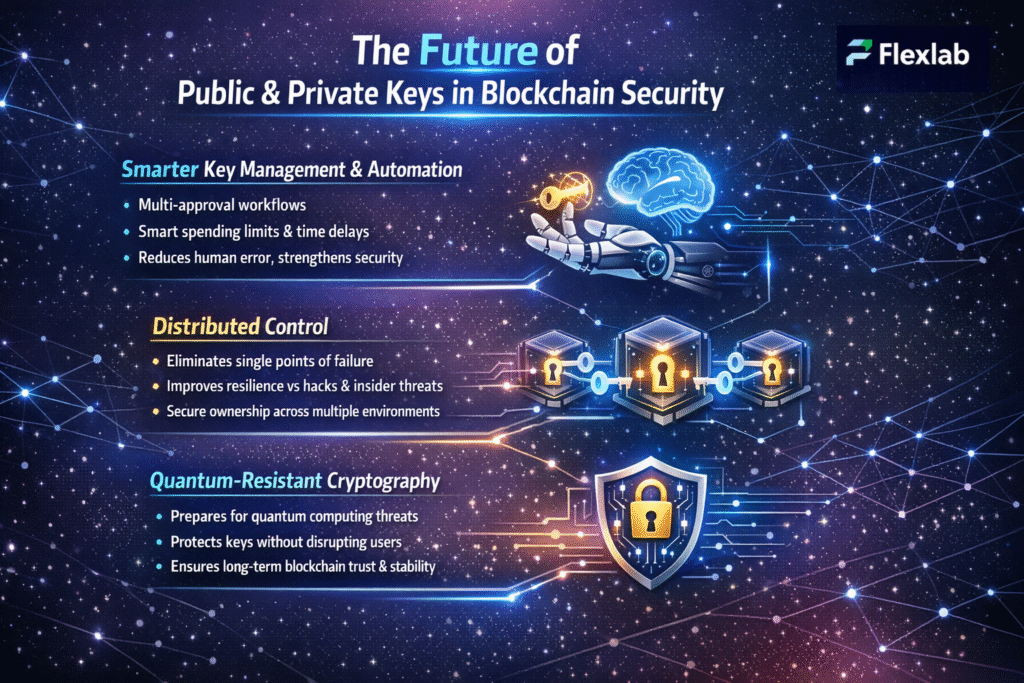
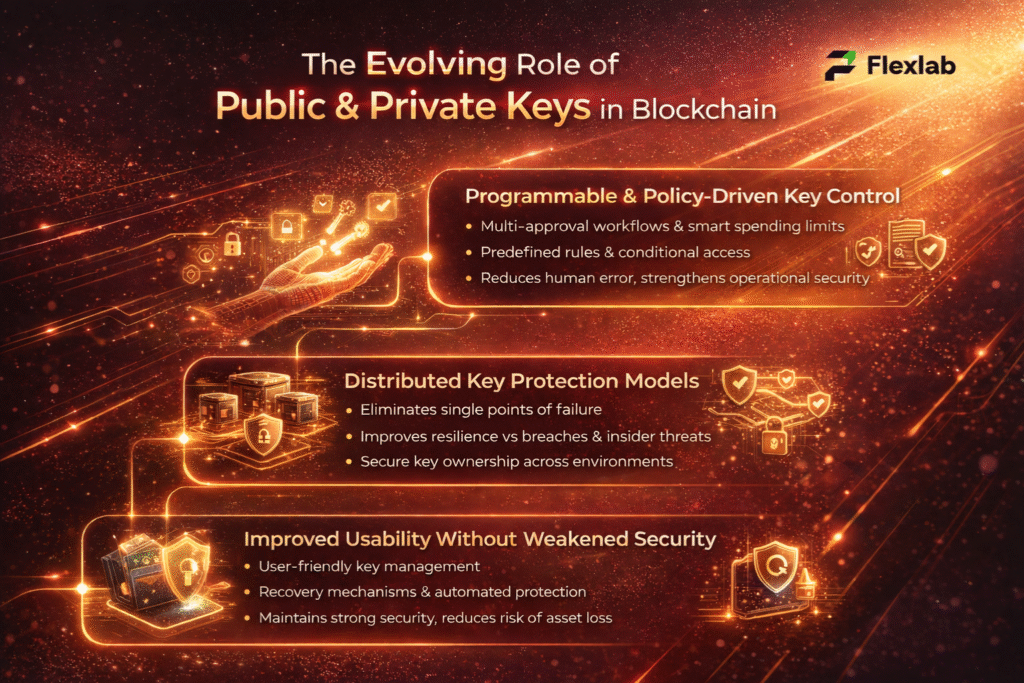
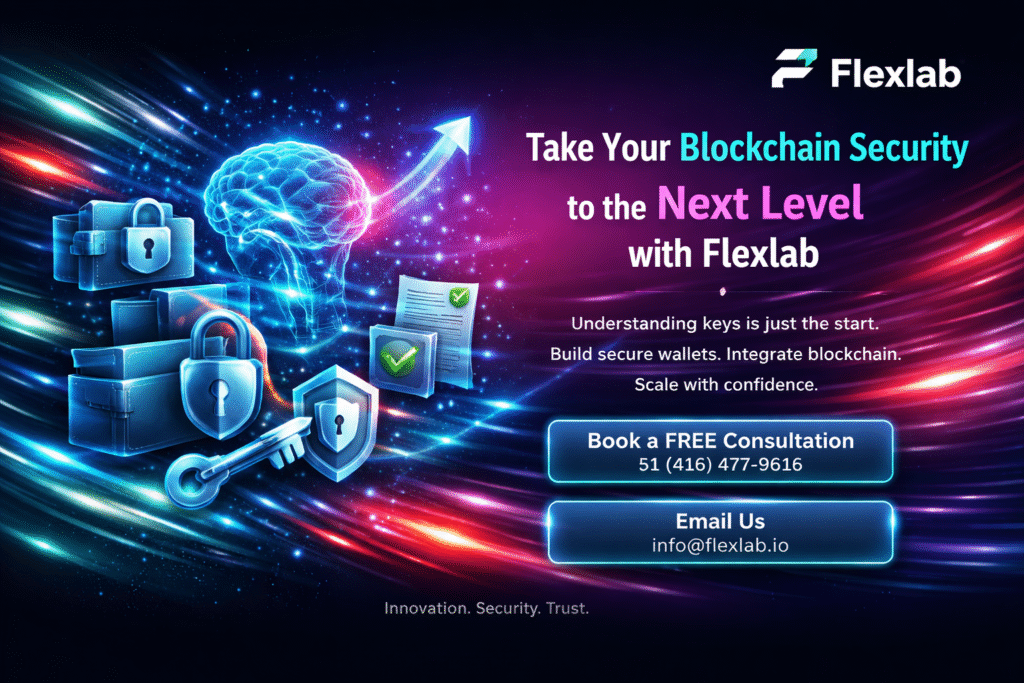

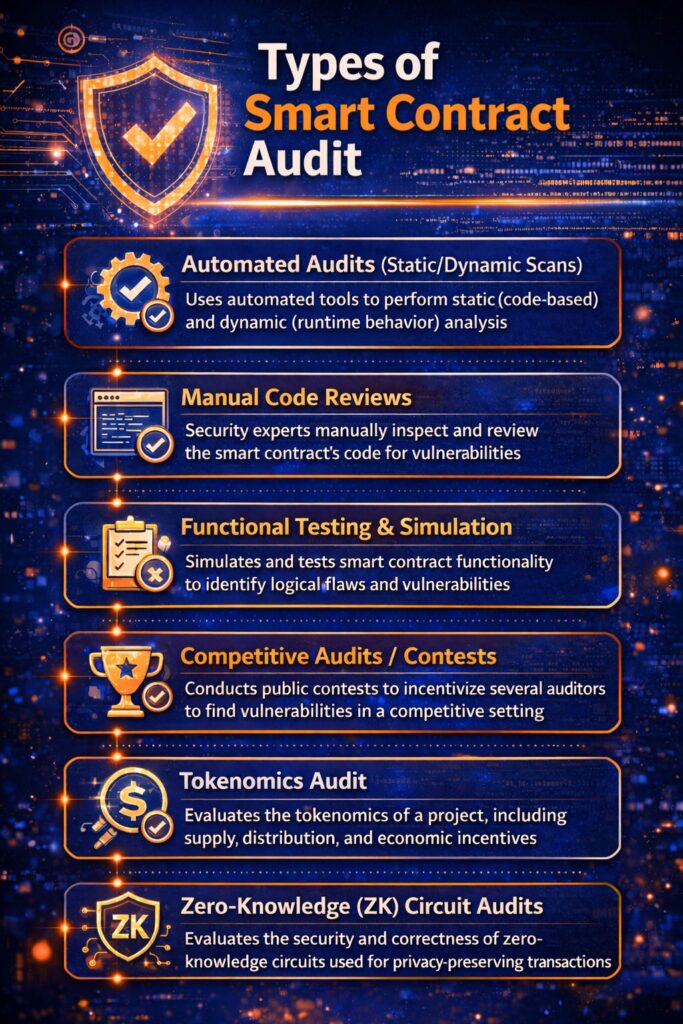
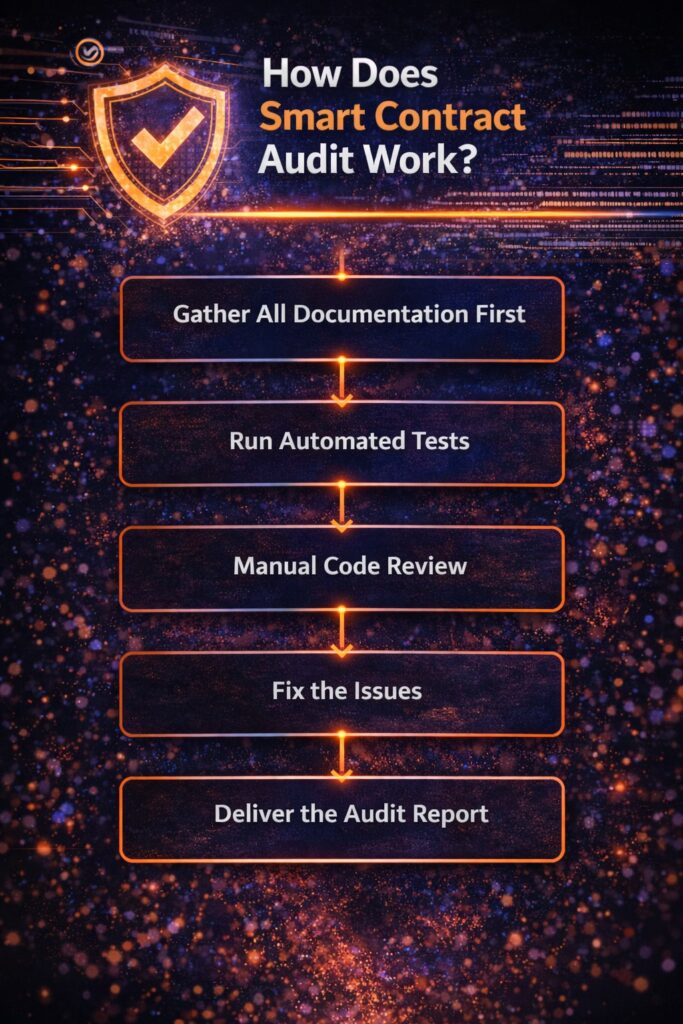
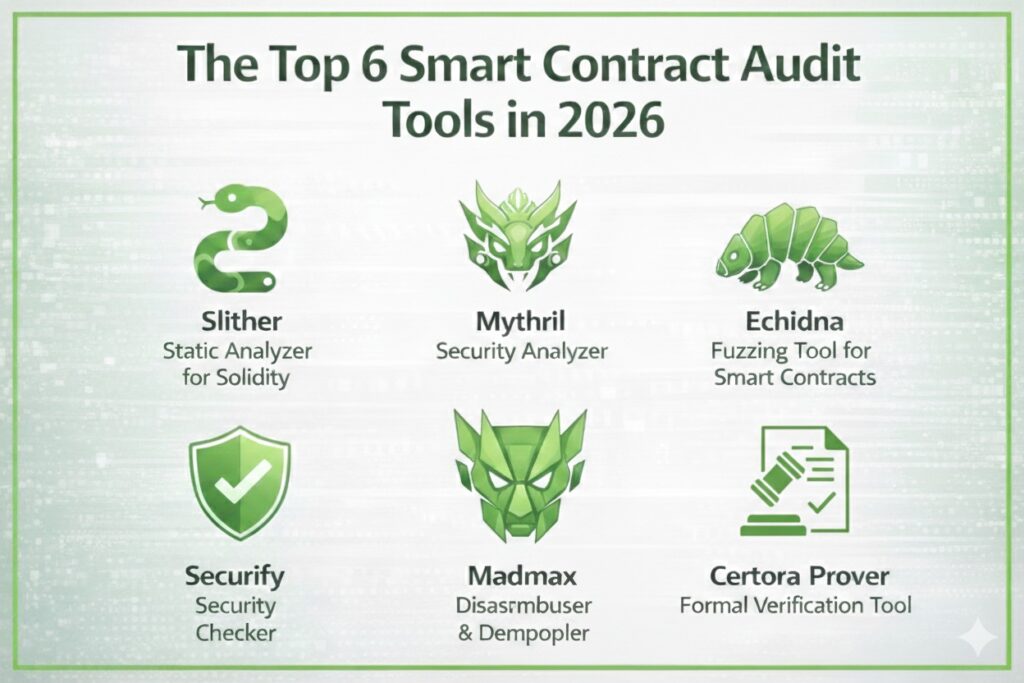

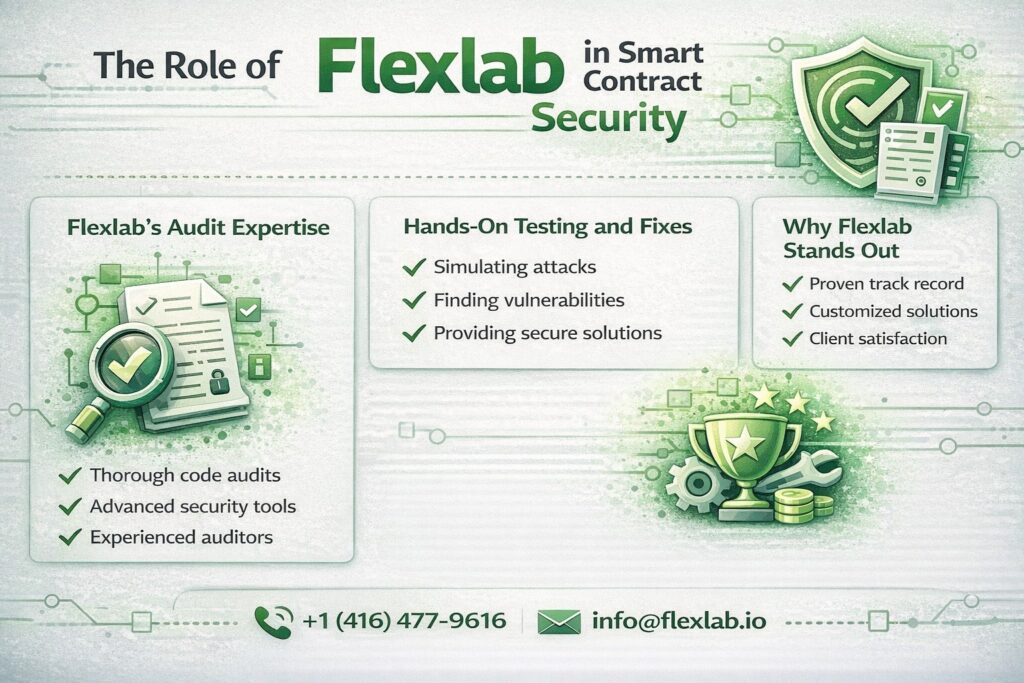
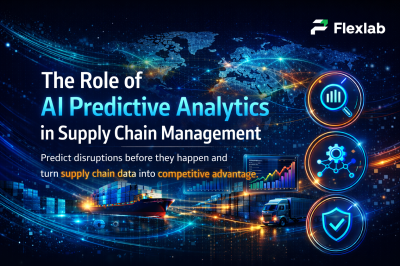
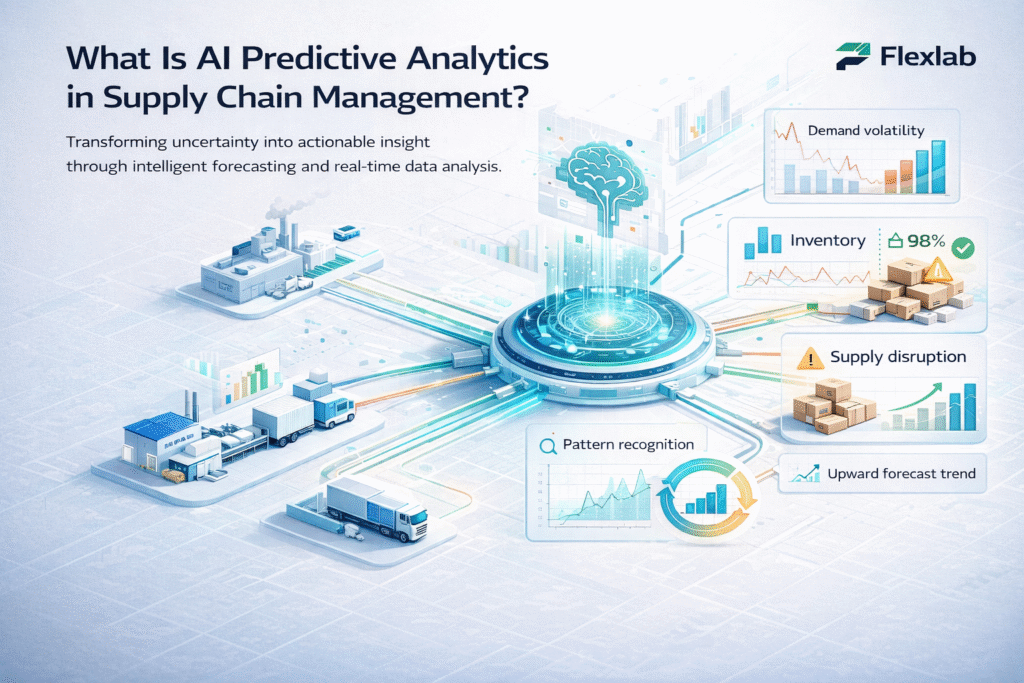
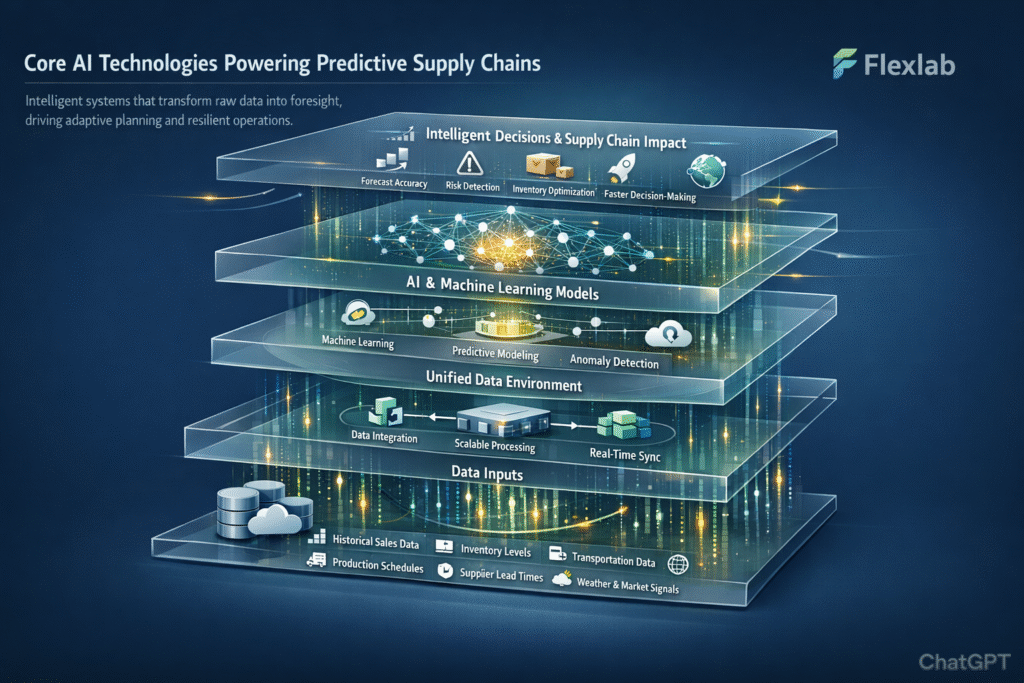
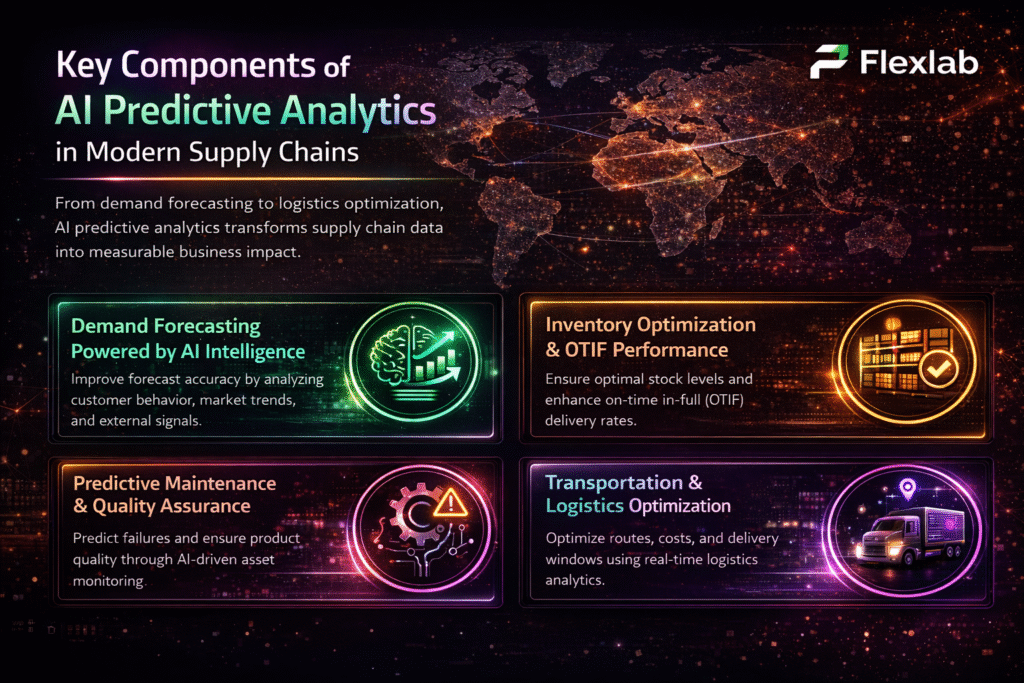
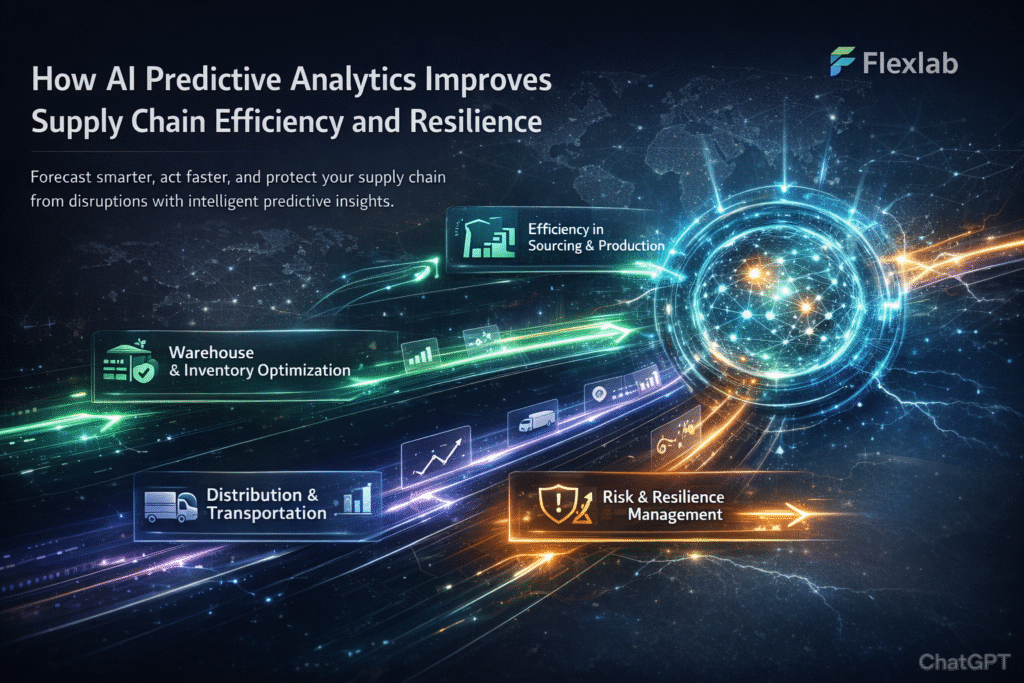
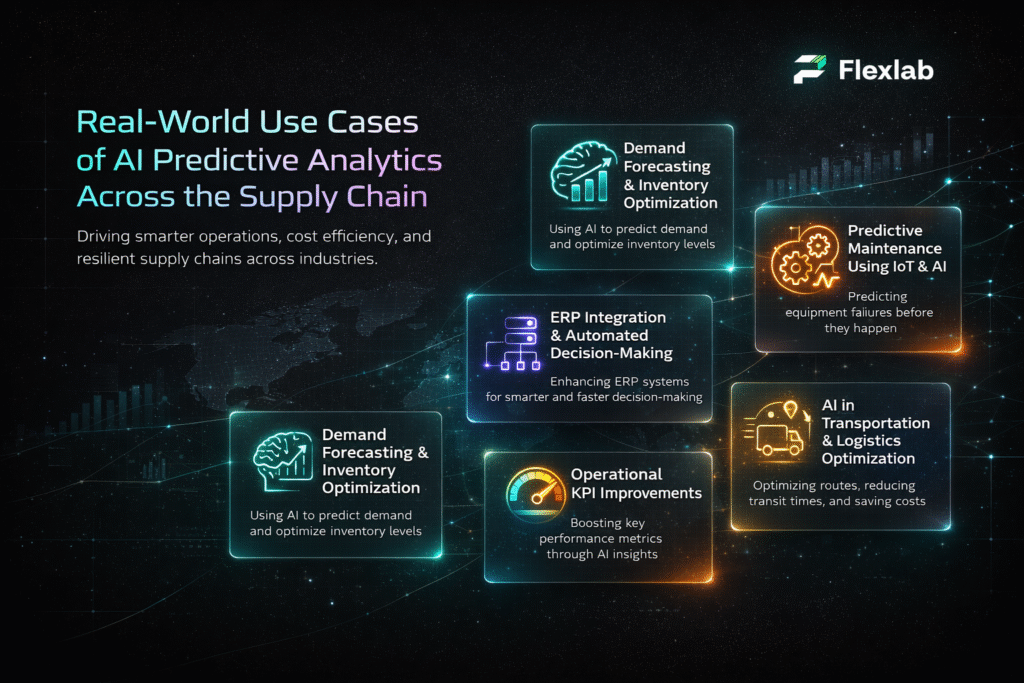
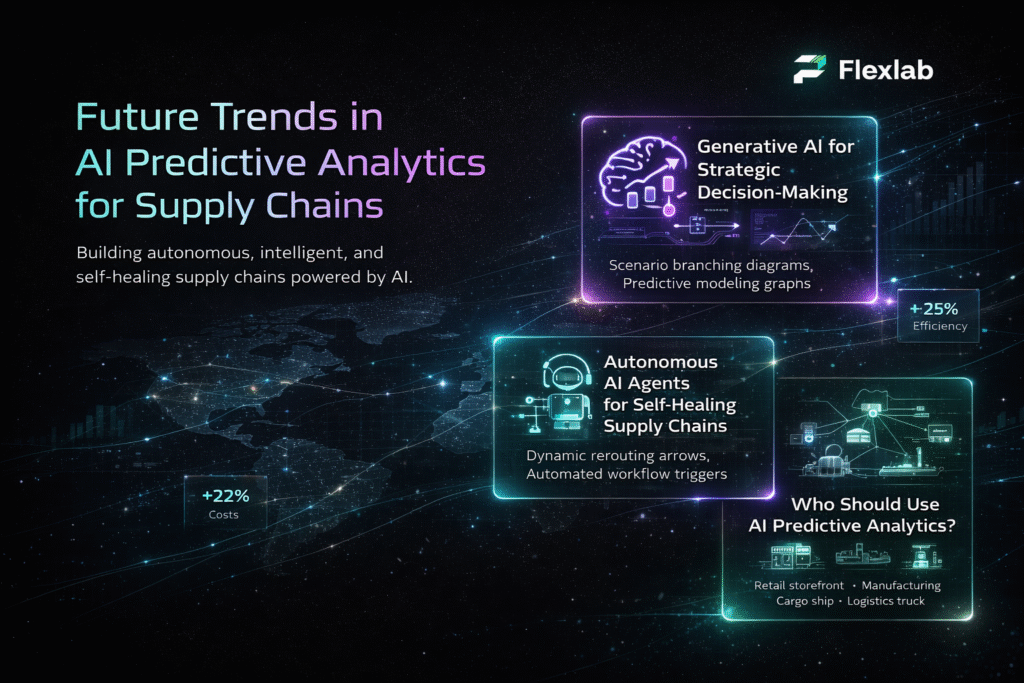
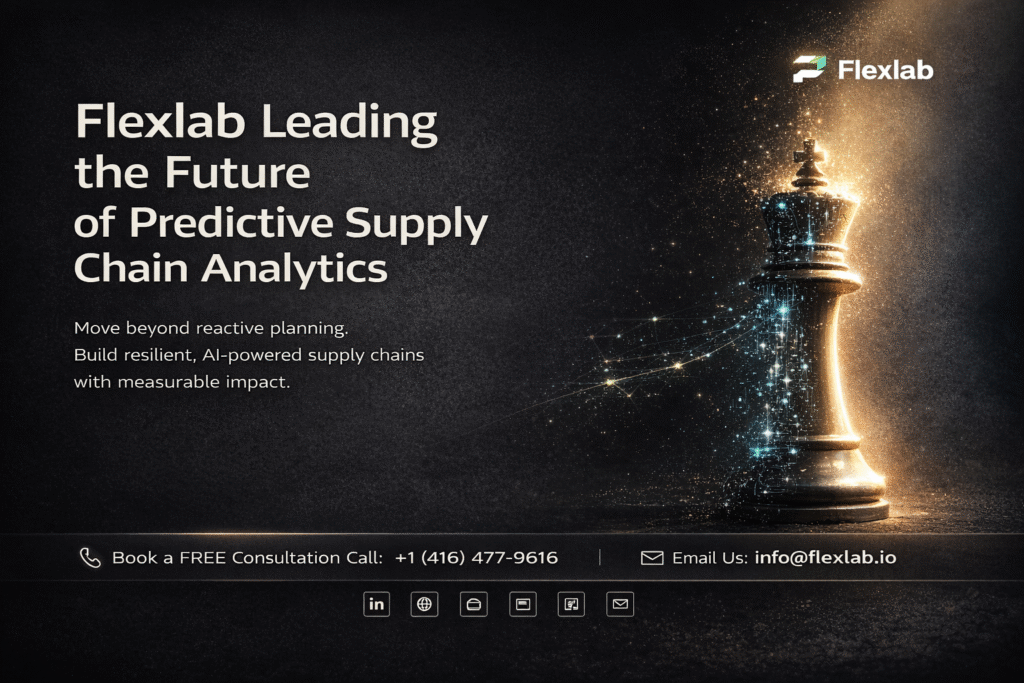
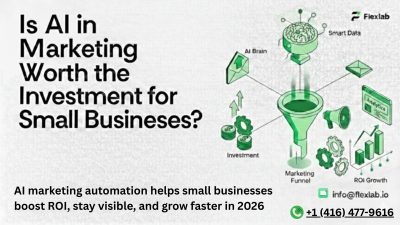
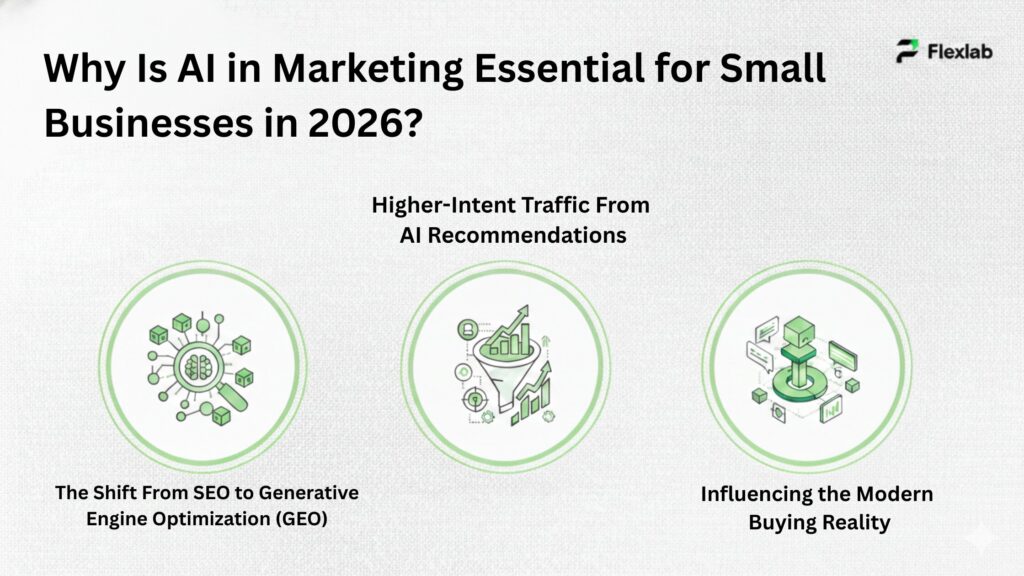

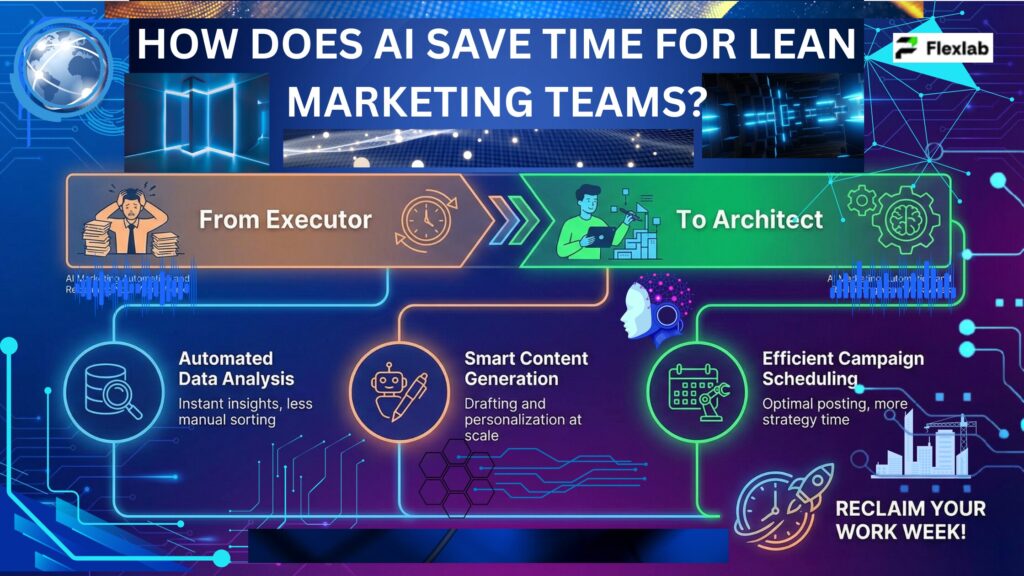
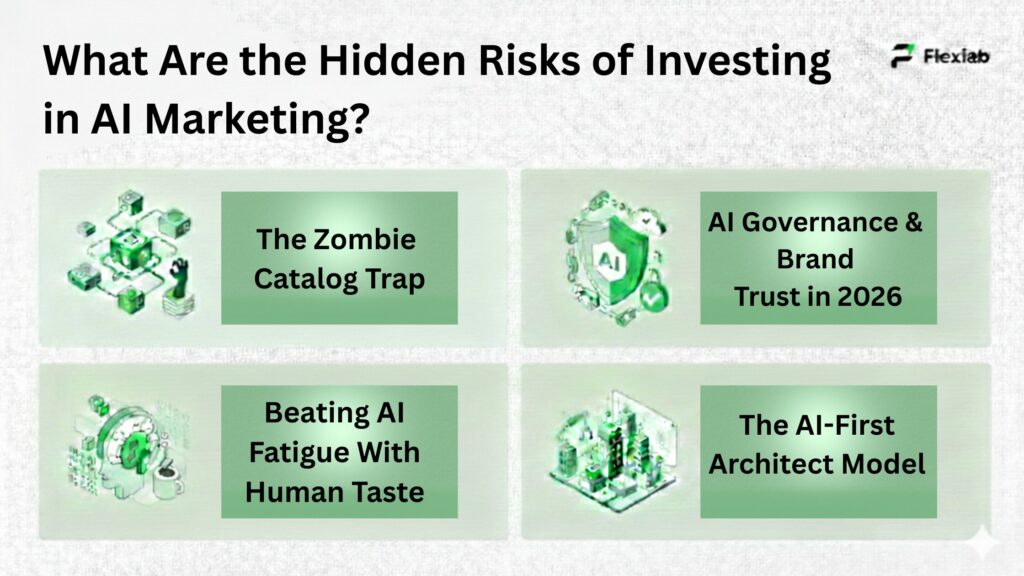
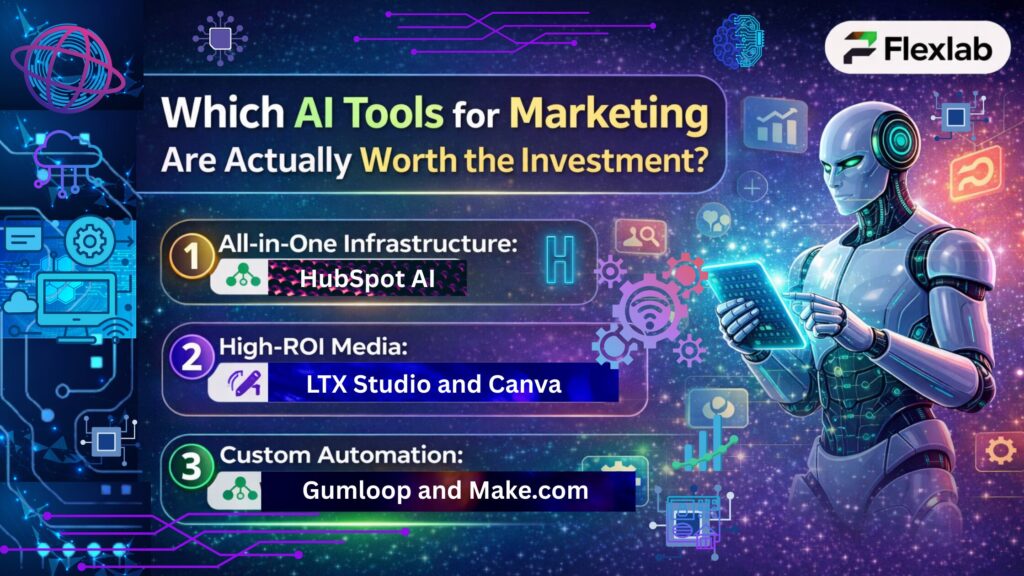
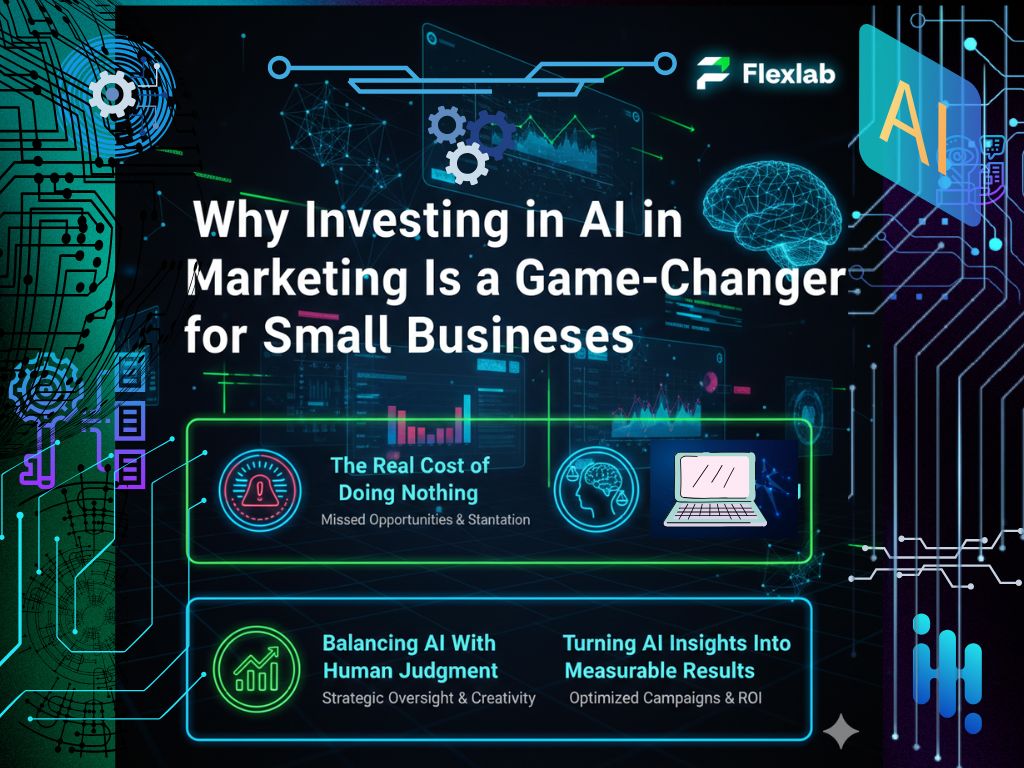
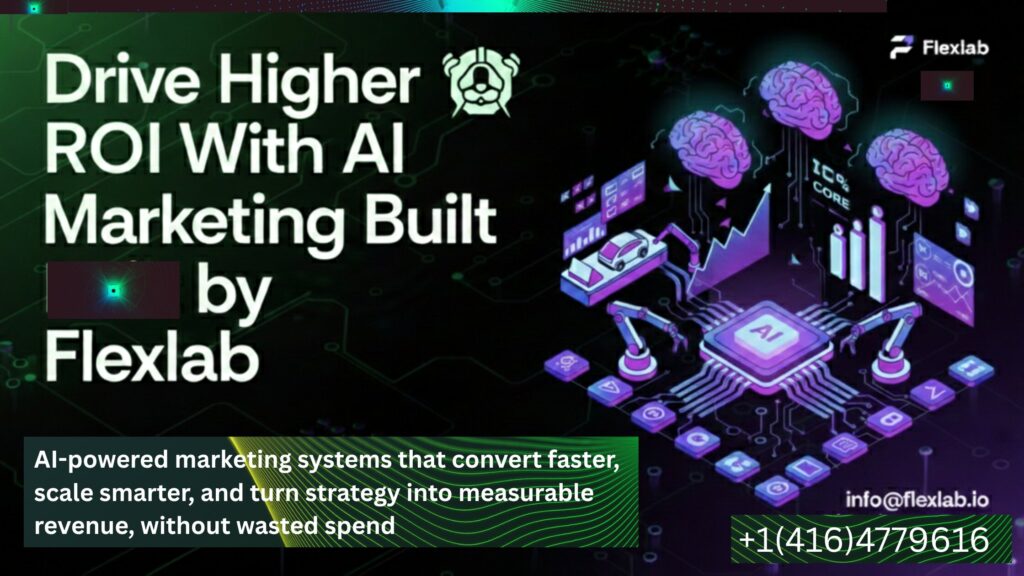
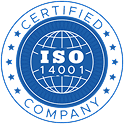


2 Responses
Your point of view caught my eye and was very interesting. Thanks. I have a question for you.